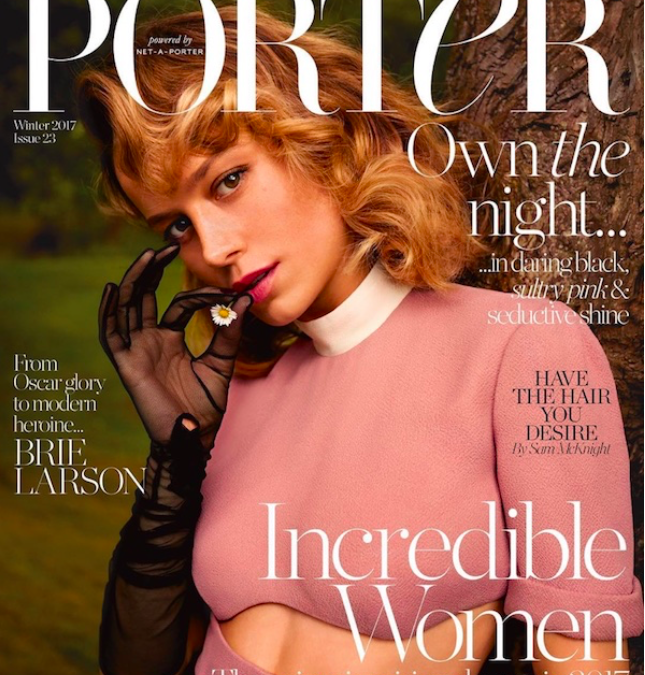Searching the airport magazine rack, on my way to Dallas, I spied a magazine with an intriguing promo on the first page. “Incredible Women” it shouted in letters only slightly smaller than the name of the magazine, Porter. I didn’t know the magazine (turns out it’s like Vogue and other high-end fashion magazines only it’s British and you can shop right off of its pages). One issue was $10, so I hesitated, but the subtitle, “The voices inspiring change in 2017” drew me in. I plopped down my money, certain the magazine would yield some First Women in its pages.
And it did—24 pages, with “50 global heroines in science, entertainment, business and beyond, who have spoken out and empowered us over the last 12 months.” The magazine was not current, it turned out, published early in 2017. This was before “Me, too” so the names might be different now, but the list did yield some interesting First Women:
Sarahal Suhaimi (photographed with hijab) – the First Women CEO of a Saudi investment bank, also the First Woman to head Saudi Arabia’s stock exchange.
Maria Balshaw – First Women to head the Tate Museum in England
Cressida Dick – First Woman head of the Metropolitan Police in London
Danny Cotton – First Women commissioner of the London Fire Brigade
Misty Copeland also made the list, the First African-American Woman principal at the American Ballet Theater.
There were three First Women who surprised me:
Nita Ambani – First Woman member of the International Olympic Committee (Women have competed since 1900. What took so long?)
Barbara Jatta – First Woman to head the Vatican Library (Let’s hear it for Pope Francis!)
Jamie Kern Lima – First Woman CEO of L’Oreal (Really? This company was founded in 1909 in Paris to sell women’s cosmetics. Only now a woman is in charge?)
In general, a disproportionate number of women in fashion and related industries were in the list. Upon reflection, I wondered whether women might make faster progress in chipping away at glass ceilings if the women in industries that are generally considered “Women’s Work” spoke out more and pushed for change. Given the recent “Me, too” movement, perhaps they have.
The piece also pointed out the number of women who are still recognized as “The First Woman To. . .” In lists of men that appear in magazines, the words ‘the first man to. . .” rarely makes the page. Except for Neil Armstrong or some athletic records, the word “first” rarely appears for our masculine counterparts. I long for the day when women routinely participate in so many arenas that the word “first” does not have to be used to define a woman who succeeds.


Another thoughtful piece about First Women, thank you!